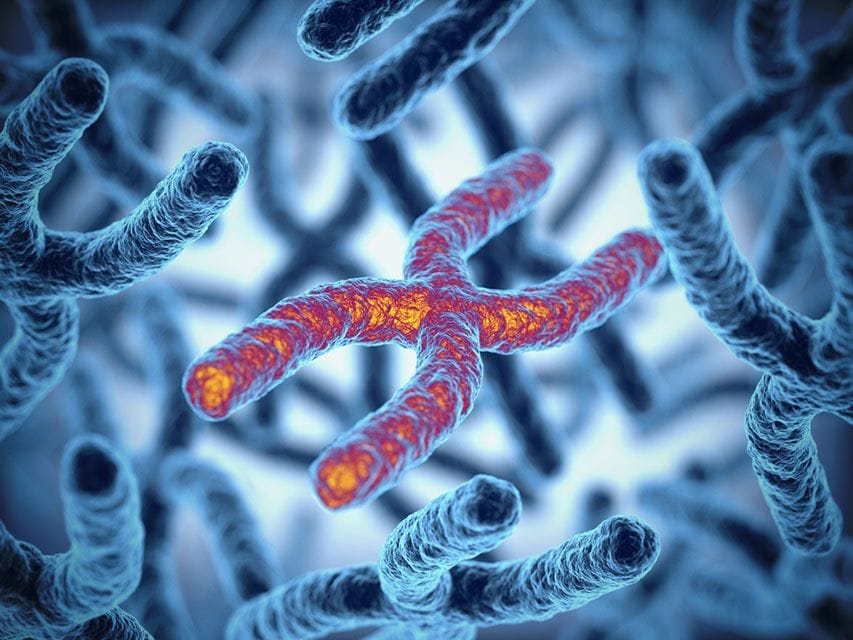People show different brain activity when smoking depending on their beliefs about the presence of nicotine, according to a new study from the Virginia Tech Carilion Research Institute. These results suggest that belief has the ability to modify the physiological effects of a drug. Two groups of subjects with nicotine addiction who participated in the study were given identical cigarettes to smoke. However, one group was told that their cigarettes were nicotine-free, and the individuals in this group showed significantly different brain activity from the subjects in the group who knew that they were smoking cigarettes with nicotine. After smoking, the participants in both groups were asked to play a reward-based learning game that involved making repeated investments after viewing a historical stock graph. During the game, the researchers scanned the subjects’ brains using magnetic resonance imaging (MRI) in order to track the locations of their neural activity as well as the type of activity.
Surprising Results From Patients Who Were Tricked
The participants who believed that the cigarettes they smoked contained nicotine showed significantly more activity in their reward-learning pathways, as well as different types of neural signals, than the participants who were led to believe that their cigarettes did not contain nicotine. In addition, the researchers found outward evidence of differing brain activity between the two groups—those who believed that they had smoked nicotine cigarettes made different choices during the reward-based learning game than those who believed that they had not consumed nicotine. Nicotine has a very strong effect on the brain’s reward-learning pathways, which is why products that contain nicotine are so highly addictive. However, research has found that beliefs also have a remarkably strong ability to influence the brain’s physical responses. During this study, the Virginia Tech researchers tested their hypothesis that the brain scans would show neural activity based on the subjects’ belief rather than their actual nicotine intake. Previous studies on how a subject’s beliefs influence the brain’s responses have largely focused on the placebo effect. The placebo effect describes patients who show improvement from a sham treatment. However, this is the first study to show that beliefs not only have the ability to reproduce the physiological effects of a drug, but also have the ability to negate the effects of a neuroactive drug.
Translating Results Into Effective Addiction Treatment
These results suggest that harnessing patients’ beliefs could be a powerful tool for treating addiction. If beliefs can be used to disrupt the extremely active reward-feedback pathways that are stimulated by addictive substances, they may be able to reverse the process of addiction. However, there are still questions about whether or not beliefs could modify brain physiology and behavior in a reliable way over an extended period of time. As of now, significantly more research is needed before scientists understand the role that belief plays in the development of addiction and just how the influence of beliefs could be employed to help treat addiction. But this new study suggests that this field of research has tremendous potential. Among the people who think that manipulating beliefs could revolutionize addiction treatment is Nora Volkow, the director of the National Institute on Drug Abuse (NIDA), who wrote an editorial commentary on the study that was published in the Proceedings of the National Academy of Sciences.


